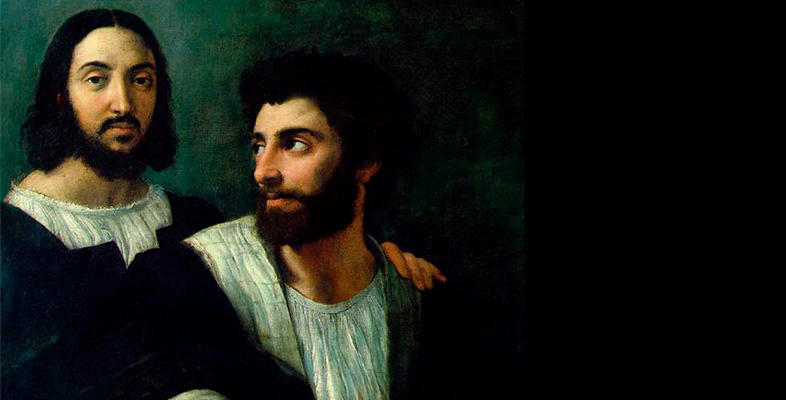1.2 How can subjects act critically or independently?
Structuralism, and its post-structuralist successor, is a (linguistic) determinist philosophy that allows little scope for human agency or will. This is an old argument that goes back to Christian debates over free will and determination: are humans responsible for their actions, or had God predetermined the course of events? The secularised philosophies of history debate the extent to which people (agents) actually shape the course of events, or are shaped by them. Most notoriously, in the French philosopher Michel Foucault’s account of disciplinary society the subject is constituted by ‘power’. From within this perspective it is not possible to explain how subjects challenge or rework inherited frameworks. There is a performative contradiction in this argument, since Foucault’s ability to analyse this process depended on his being outside the relations that he claimed were all-pervasive, and on the paradox of him being able to evade the conditions of subject formation that he claimed were all-encompassing.
Foucault simply posited resistance as the inevitable (but unexplained) complement to power. For Marxists and feminists committed to the radical transformation of existing social relations – and many of the art historians involved in this debate claimed allegiance to these intellectual perspectives – this is a fundamental problem. In art history, change (of, say, ‘style’) or the reworking of genres, themes and ideologies became difficult to envisage. This is one reason that T. J. Clark’s account of art and ideology seemed so powerful at the time (1973a, 1973b, 1985). While drawing on some aspects of the intellectual configuration we have been considering, Clark’s fundamental debt was to the Hegelian-Marxist tradition, which focused on dialectical contradictions and change (as distinct from more inflexible and dogmatic versions of Marxism, including Althusserianism). This meant that he could argue that works of art do not reflect preformed and stable ideologies; rather they rework inherited values and ways of working. Artworks transform ideology. Clark’s work sometimes runs close to presenting his favoured artist of the moment as transcending the historical forces at work, but he is often able to account for change, novelty and ‘singularity’.
